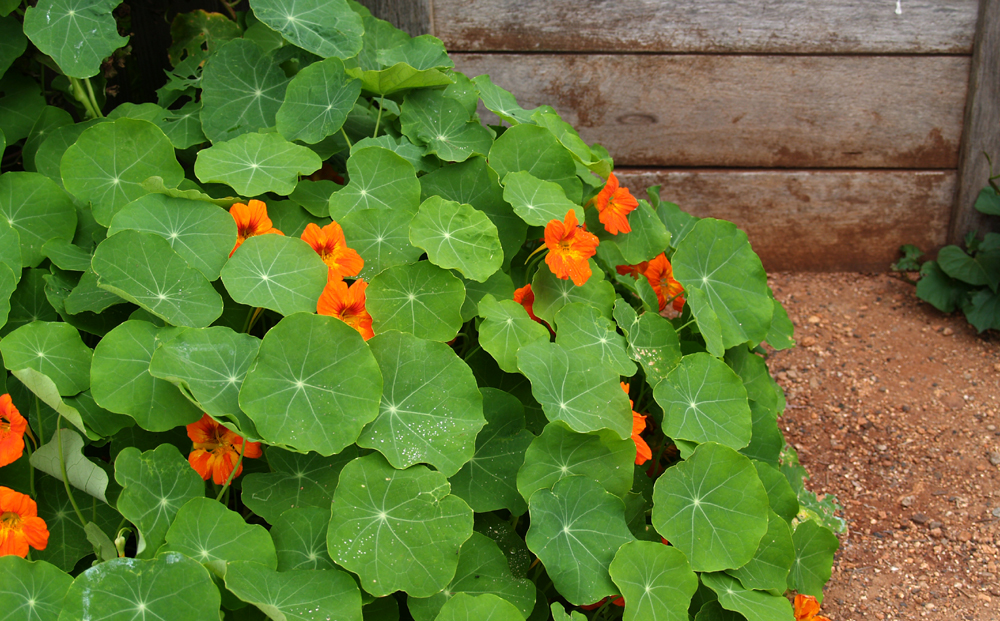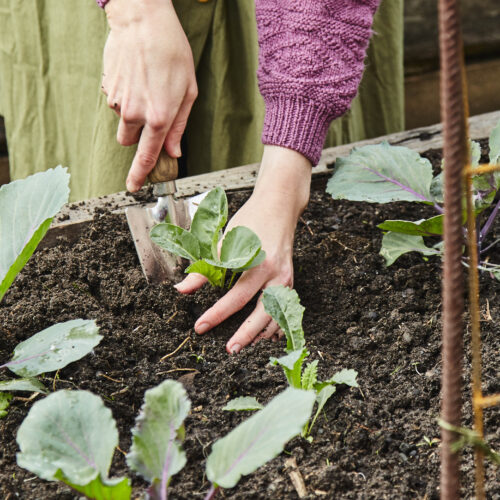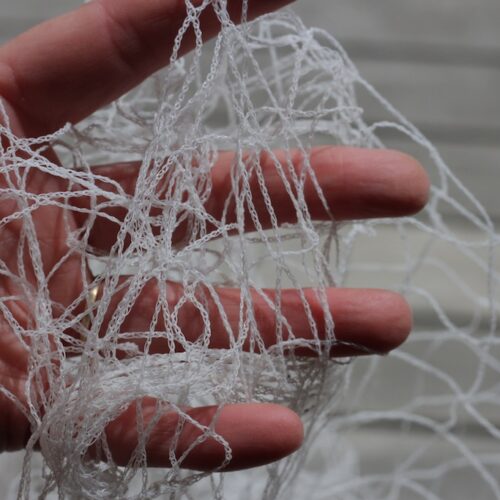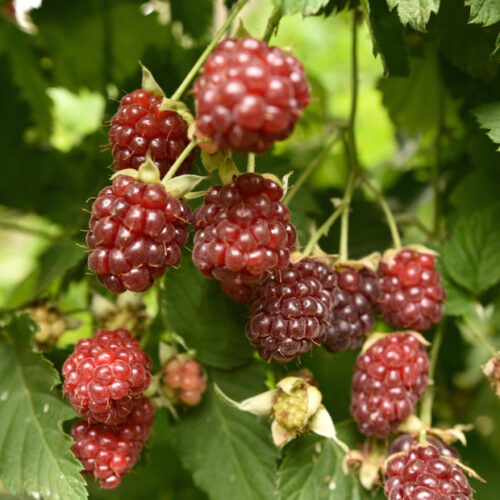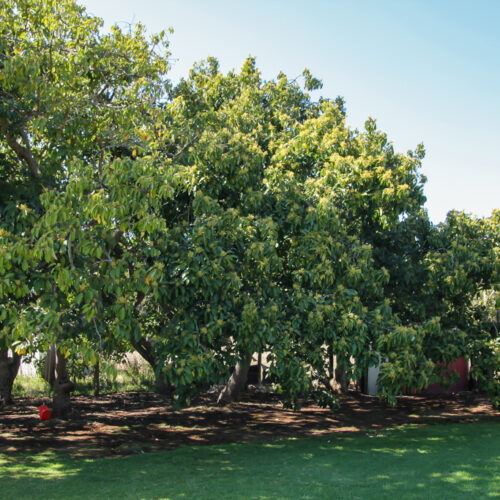What to do in December
2013-12-04T02:45:38+11:00
Summer's here! JUSTIN RUSSELL gets the garden in party mode, offers tips for summer plant feeding, and suggests ways to enjoy a well-earned siesta under a shady tree.
-
Ho,ho,ho, I’m getting my garden in Christmas mode. Quick growing crops such as radishes and rocket are being planted now and will be ready just in time for Christmas lunch. Existing plants such as sweetcorn and beans are being coaxed along with regular applications of liquid fish fertiliser. And to spruce the place up for Christmas visitors, I’m planting cheery, heat tolerant annuals such as nasturtiums, petunias, daisies, and calibrachoa.
-
Recent rains across much of the continent have caused a major outbreak of pests, and their predators. In my garden various types of beetles have emerged. Some, such as red and blue pollen beetles prey on aphids and other small insects, others, such as 28 spotted ladybeetles eat leaves. Before spraying (with an organic preparation of course), it pays to know which is which. Try doing an internet search or consult a good identification guide.
-
Fruit fly season is in full swing. Protect ripening fruit with exclusion bags or netting, and help reduce fly numbers by hanging certified organic baits such as EcoNaturalure and Wild May. To prevent flies from pupating in the soil, clean up any fallen fruit and leave it in a plastic bag in the sun for a few days to cook.
-
Once stonefruit trees have finished cropping for the season they can be pruned. Peaches, nectarines, Japanese plums and apricots produce fruit on new wood, so take about a third off each branch to facilitate fresh growth. Fertilise and deeply soak pruned trees to get them powering along before winter.
-
Seaweed is often thought of as a fertiliser, but it’s actually a plant and soil tonic. Applied during summer it makes plants more resistant to pests and drought, increases microbial activity in the soil, and helps plants develop a strong root system. For best effect apply seaweed solution to plant foliage when leaf pores are open in the early morning or late afternoon.
-
Speaking of fertiliser, summer isn’t always the best time to feed plants. Many go into a state of semi-dormancy during hot weather, and in dry soils, fertiliser can actually burn plant roots. If you decide to fertilise do so just before predicted rain and always use an organic product that helps feed the soil, not just the plant. Liquid fish emulsion is ideal as a quick pick me up for leafy vegies and hungry plants.
-
Life isn’t all work and no play. Take some time out in the garden to simply sit back and enjoy the natural world. String up a hammock, read a book, play your guitar, enjoy a cool drink in the shade.

